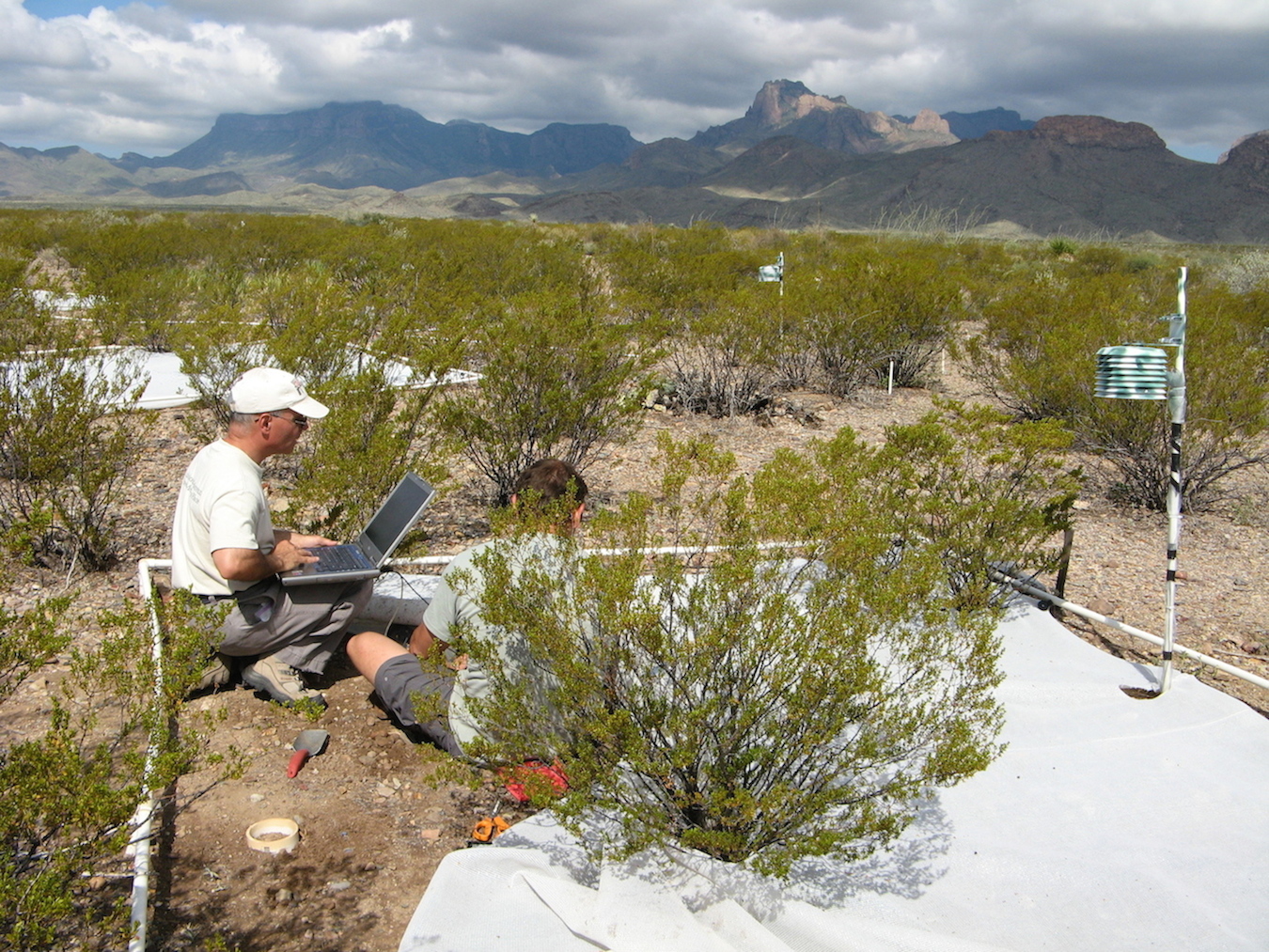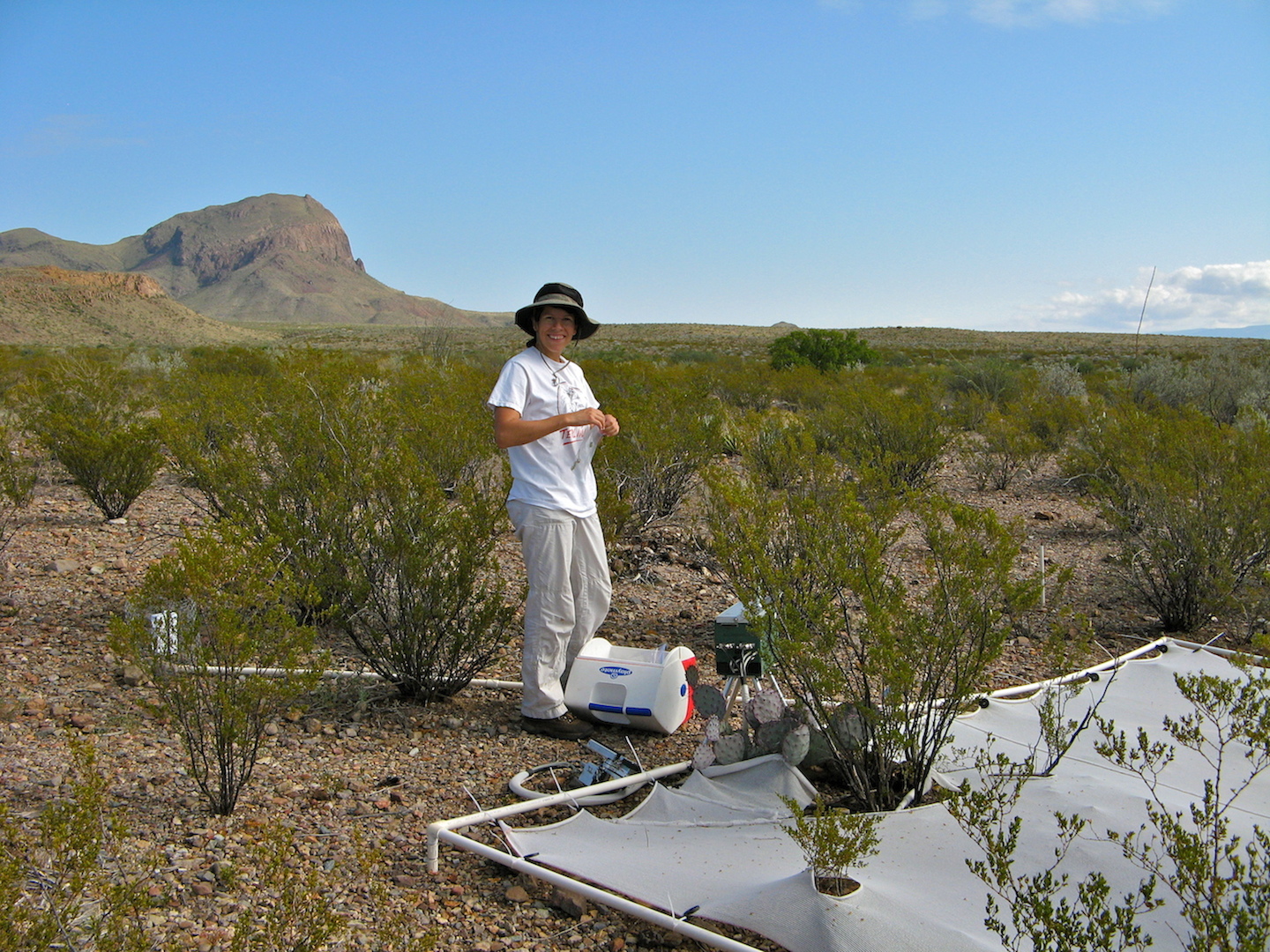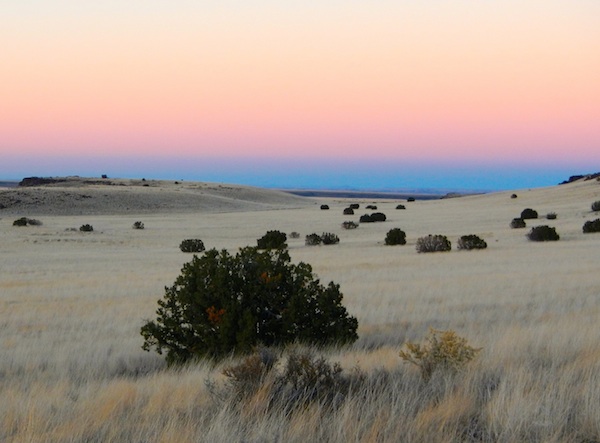Climate & Ecology
John Zak
John is co-Director of the TTU CC and a Professor of Microbial Ecology in the Department of Biology. John has dedicated much of his career to the Chihuahuan Desert, at Big Bend National Park, Texas, and the Jornada LTER, in New Mexico, but also the woods in Fort Benning, Georgia. His main research interests lies in determining how climate variability and human disturbances regulate soil microbial diversity and activity. Soil microbes play a vital role in ecosystems, and therefore, understanding their dynamics in response to environmental perturbation helps to predict future ecosystem functioning.
Natasja van Gestel
Natasja is a global change ecologist and has worked in deserts, grasslands, forests and Antarctica. She is interested in how climate change will affect nutrient cycles, soil carbon storage, microbial ecology and plant physiology. At Big Bend National Park she has examined the effect of daily temperature range on desert ecosystem function. She is also interested in biogeographical patterns of soil microbes: what predictors are important to determine the distribution of microbial populations. Her research has also shown the degree to which soil microbes can adapt to their temperature environment. Microbes play key roles in ecosystems, from decomposition of organic material and thereby releasing nutrients, to capturing C and N from the atmosphere. Therefore, it is important to understand their responses to climate change. Her most recent research interests involve working with growers in west Texas. The Grower Citizen Science Project's goal is to rebuild soil organic carbon and improve the conditions for the beneficial microbes so these tiny organisms can in turn help promote plant growth.
Kerry Griffis-Kyle
Kerry is a wetland ecologist. She works at the nexus of population ecology, landscape ecology, animal behavior, and conservation biology to ascertain how various wetland dependent taxa, from invertebrates and amphibians to birds and mammals, respond to changes in wetlands as these may shift in distribution, hydroperiod and water quality as a result of anthropogenic stressors, including climate change and agricultural runoff. Wetlands in arid climates are key to maintaining biodiversity in an otherwise arid system. Wetlands also aid in migration of waterfowl that use these wetlands as stopping points. Therefore, wetlands have important ecosystem function for visiting and resident organisms, and thus it is important to know the fate of wetlands in response to stressors.
Nick Smith
Nick is a global change ecologist who studies the impact of ongoing global changes on the world's flora and their resulting feedback to climate. Nick is particularly interested in the ability of plants to acclimate to changes expected in the future. His lab conducts research all over the world, but are also interested in local impacts. His studies combine lab, field, and simulation techniques to examine biosphere-atmosphere feedbacks at different scales.
Climate Center
-
Address
Texas Tech University, 2500 Broadway, Lubbock, TX 79409 | Holden Hall Room 72 -
Phone
806.742.2011 -
Email
webmaster@ttu.edu
